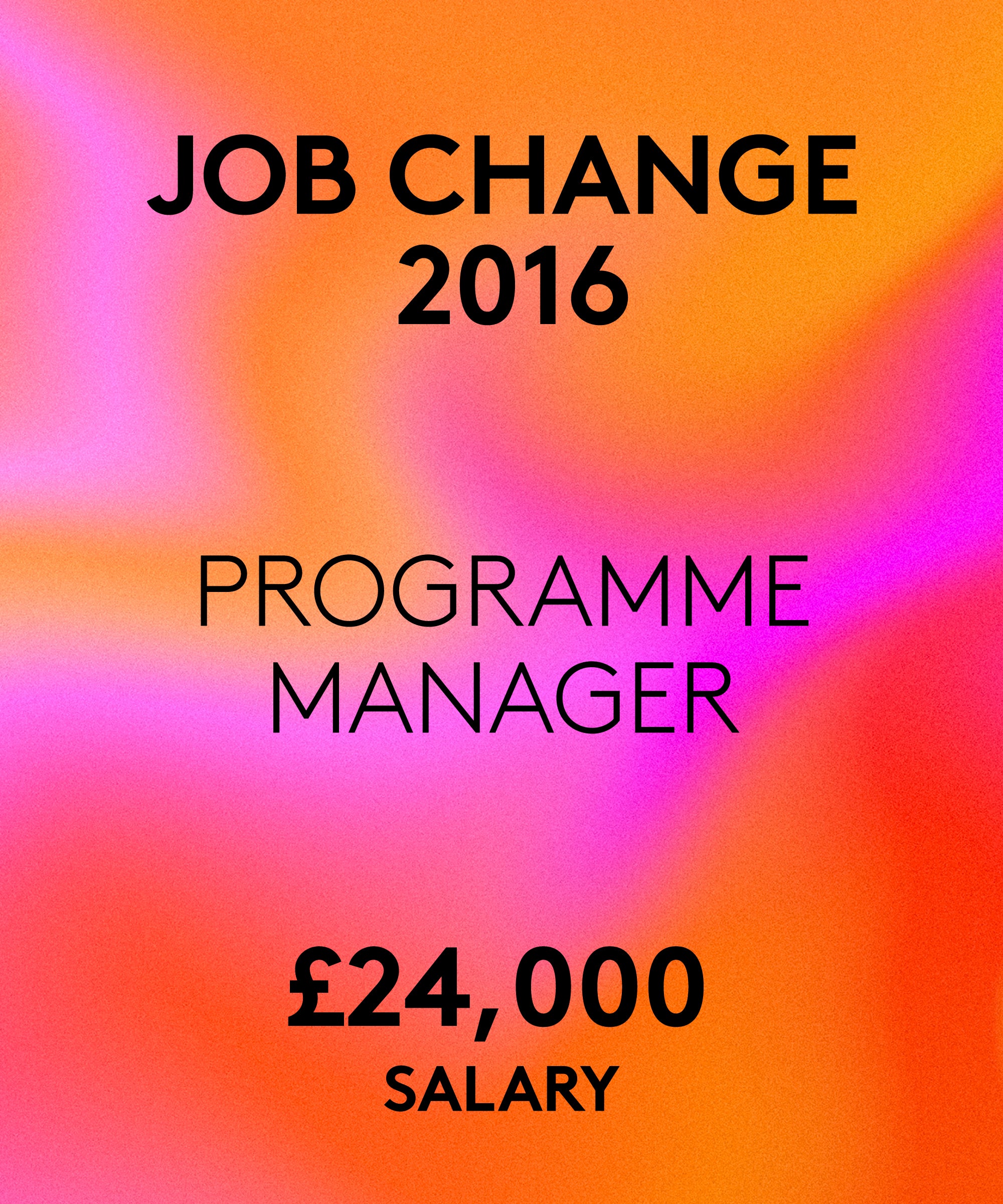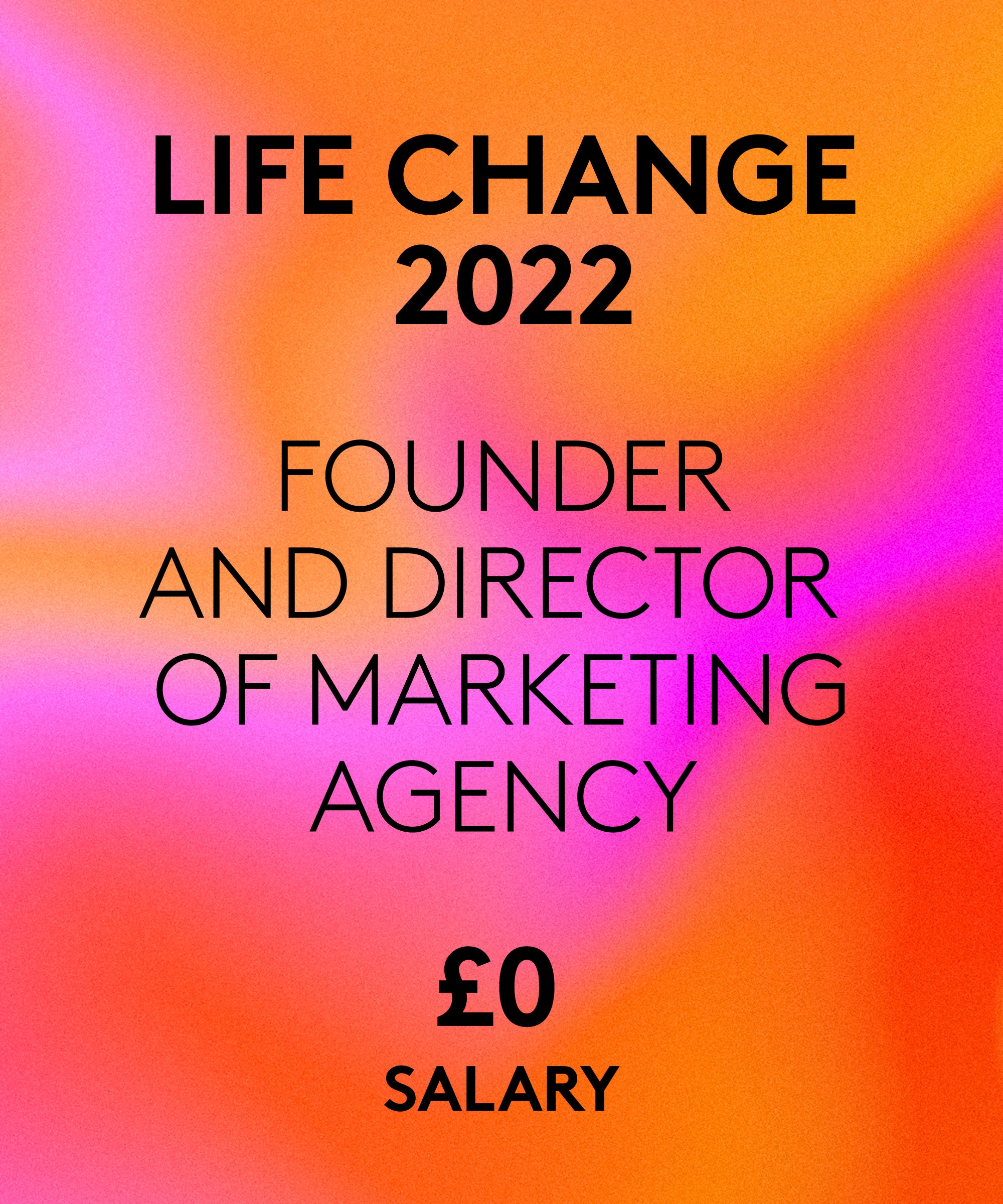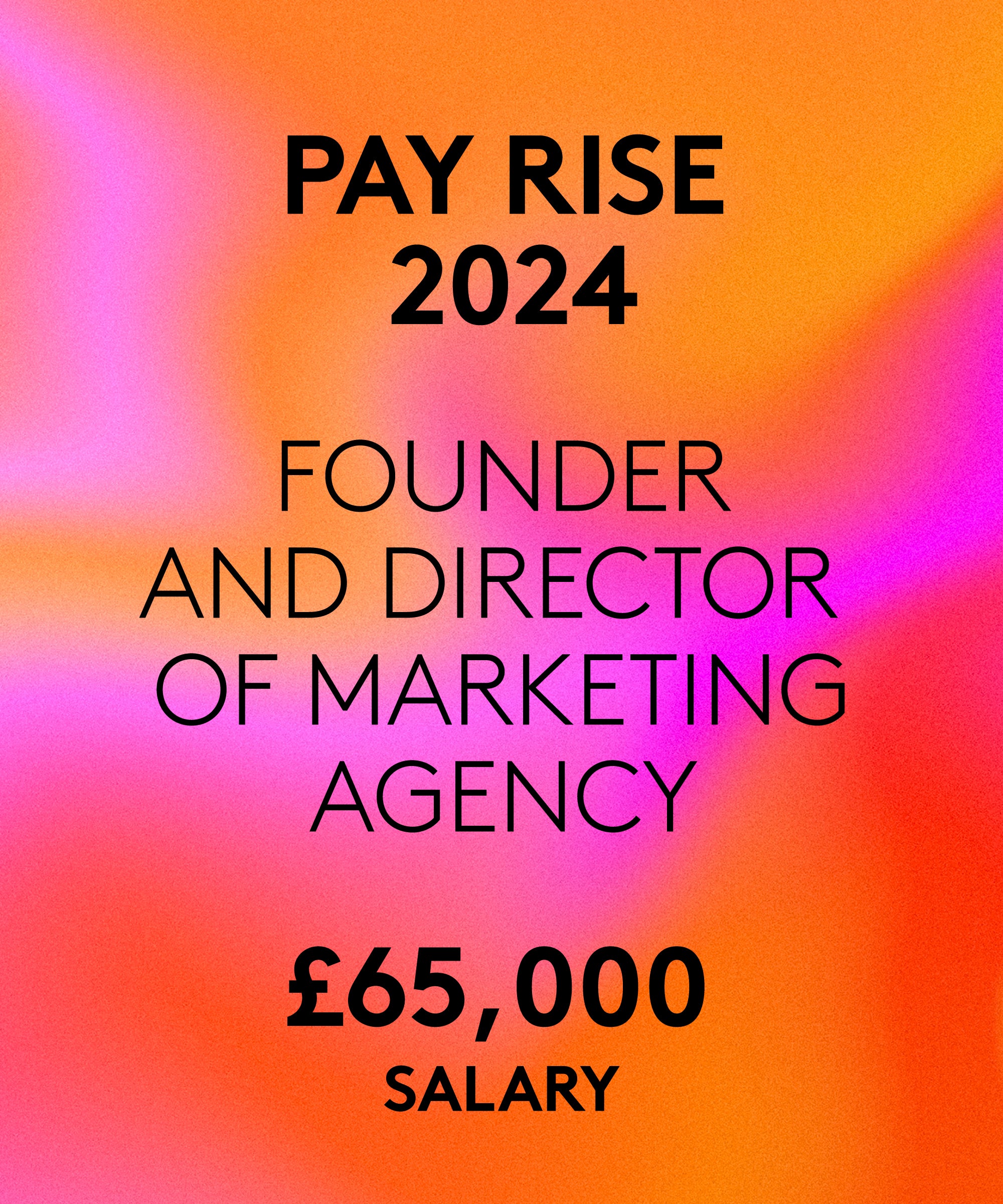Been in the workforce for at least five years and interested in contributing your salary story? Submit your information here. Published stories receive £100.
Age: 32
Location: Manchester
Current industry and job title: Influencer Marketing, Founder & Fractional COO
Current salary: £65,000
Number of years employed since school or university: Nine
Starting salary: £18,000 in 2015
Biggest salary jump: from £30,000 to £60,000 in 2021
Biggest salary drop: £75,000 to £0 in 2022
Biggest negotiation regret: When you are in the earlier stages of your career and doing more entry level roles there is usually not much room to negotiate anything substantial but that being said it sucks to be paid less than your peers for the same job role. I was promoted with a pay rise from £24,000 to £30,000, only to realise that others in my team were actually on £35,000 for the same role. It was around the start of COVID so I felt lucky to still have a job and settled a bit too quickly. That bit extra would have made a real difference to me at the time. Also don’t under-estimate the wider package at the company. Many of my friends now in their 30s really value decent pension contributions when at 22 we definitely weren’t considering these things properly.
Best salary advice: Treat yourself like a business. Approach any salary or progression conversation armed with data about your performance. If you have regular one-to-ones with your manager try and keep a structure around the conversation and where you can document outcomes. Keeps accountability between you both and it should be clear where and what the next promotion is. Look at the same role in the industry and do some benchmarking against that.
Something that is becoming more and more common are businesses valuing their employees being an extension of their own brand through social media content. Particularly in start-up tech, media and marketing you see a lot of people doing “employee generated content”. It really helps develop your own network and personal brand which can do a lot of heavy lifting for you when looking to move jobs or demonstrate the added value you can bring to your current role. Your career requires strategy and long term planning and I firmly believe the future of work will mean that those with personal brands have more of an edge when it comes to formal discussions around pay, progress and opportunities.







I’ve been doing it for five months now and have only just started to show signs of generating an income for myself. It is scary not having a guaranteed income and such hard work, but I am so proud of myself for leaving behind what was a very good salary to try and create something for myself.
I used all my savings to support myself and was very fortunate to have a super supportive boyfriend at the time who picked up the financial slack some months. I owe a debt of gratitude for all the support he provided both emotionally and financially during this time.

I started making money from around the six-month mark of beginning my business, but not significant amounts or consistently. It took around 16 months to reach this point I’m at now and I keep a few months worth of salary in my business account to ensure I can continue to pay myself just in case. I have several different types of income streams within the business which has stabilised my income and reduced my level of cash flow stress massively. From talent management to running influencer campaigns, to consultancy and advisory work.
My advice to anyone starting out is to have a core offering and revenue model but also look to have additional streams that can prop you up too. If one client doesn’t pay, you don’t want that to be make or break for your business. I once pursued a client for five months to get paid for work which was awful.
Also, I’m currently looking to buy my first property as a solo buyer, and it’s been harder to do that as a new business owner. I’ve had to build up my savings, evidence income from tax returns and show future earning potential. I’ll be so proud of myself when it’s done but I’d advise anyone in a similar position to find a mortgage specialist in self-employed or business directors, and to speak to them earlier than you think to get an idea of the supporting evidence you’ll need for your application.
Like what you see? How about some more R29 goodness, right here?
I Trusted My Instincts & Doubled My Salary To £70k